Commercial Kitchen Gas Safety and Regulations
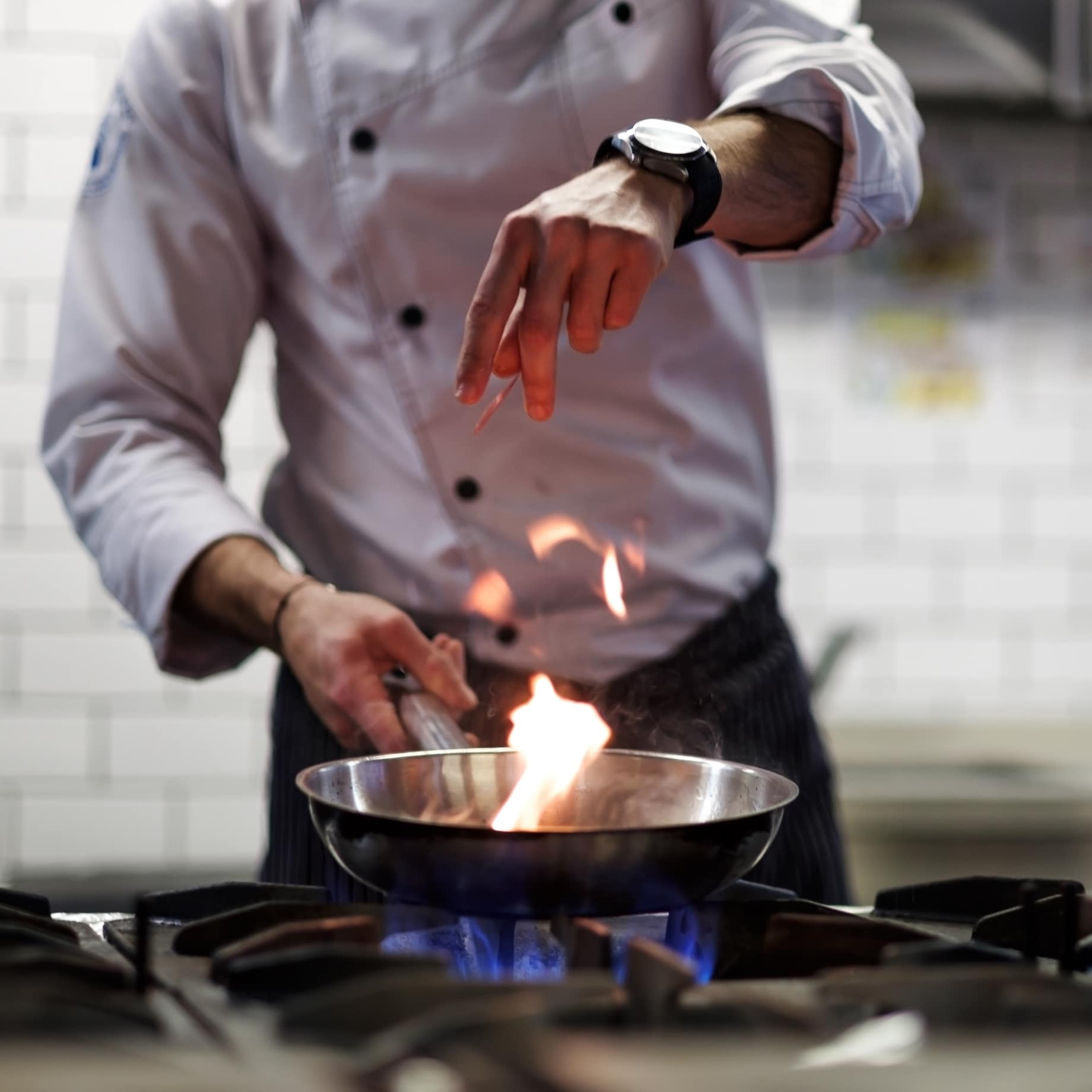
No matter the size of your kitchen, the type of cuisine you’re cooking or the number of customers you’re serving, the safety of your gas appliances is an essential part of any commercial kitchen. Not only does it project your staff and customers, but it also maintains the longevity of your appliances and secures a successful catering business.
It’s also a legal requirement for all gas units and appliances to be installed, fitted and repaired by Gas Safe engineers. As the owner, this falls under your responsibility. But here at Inox Equip, we can help ensure your gas appliances align with all UK safety regulations.
Complete your risk assessments
A risk assessment is there for the protection of your staff, customers, premises and appliances. This should be one of your first ‘to-dos’ before you install new commercial kitchen equipment, especially when it’s a gas appliance.
Factors to consider within your risk assessment include:
- How much space is available for the appliance
- Can staff move safely in front of the appliance
- How often will the appliance be in use
- Is there adequate ventilation nearby
- How and when will the appliance be maintained/cleaned
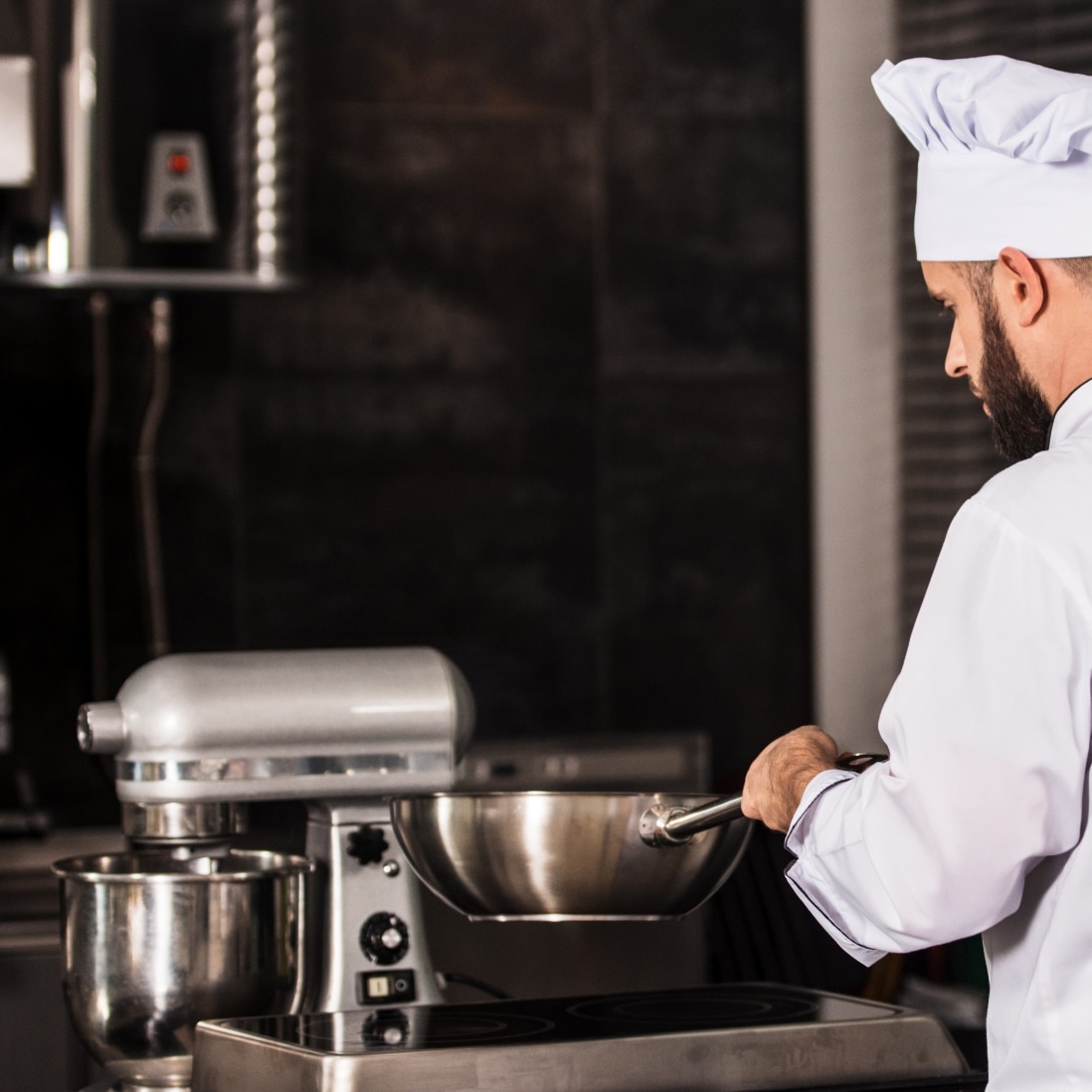
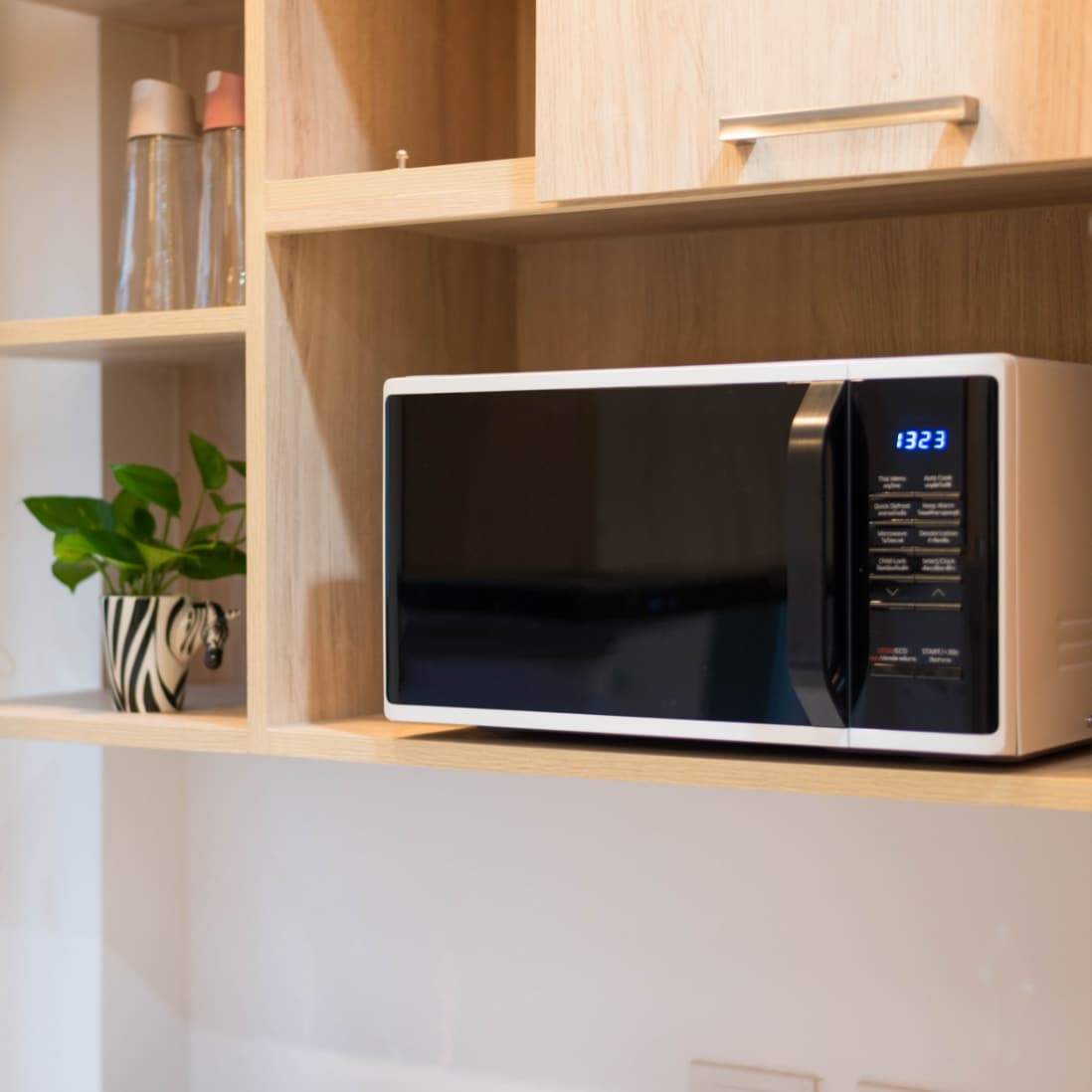
Keep domestic kitchen equipment at home
Commercial kitchen equipment is designed to handle higher heat for prolonged periods of time and larger portions. If you cut corners by using domestic appliances, you’ll experience increased breakdowns – costing you more money through repairs or potential kitchen closures.
Commercial gas appliances will also have a CE marking plate, which indicates it meets UK and European safety standards.
Do I need a CP42 Gas Safety Certificate?
All commercial kitchens must have a CP42 Gas Safety Certificate. This official document indicates your gas appliances have been installed correctly by a gas engineer and are safe to use. This needs to be reviewed every year for the safety of your kitchen and to keep your insurance up to date.
Industries which require a CP42 certificate include:
- Schools, staff, MOD, NHS and Government canteens
- Mobile or fixed catering kitchens
- Nursing homes and daycare centres
- Kitchens in private and public sectors
- Clubs, bars, restaurants and cafes
- Food production areas
- Fast food outlets
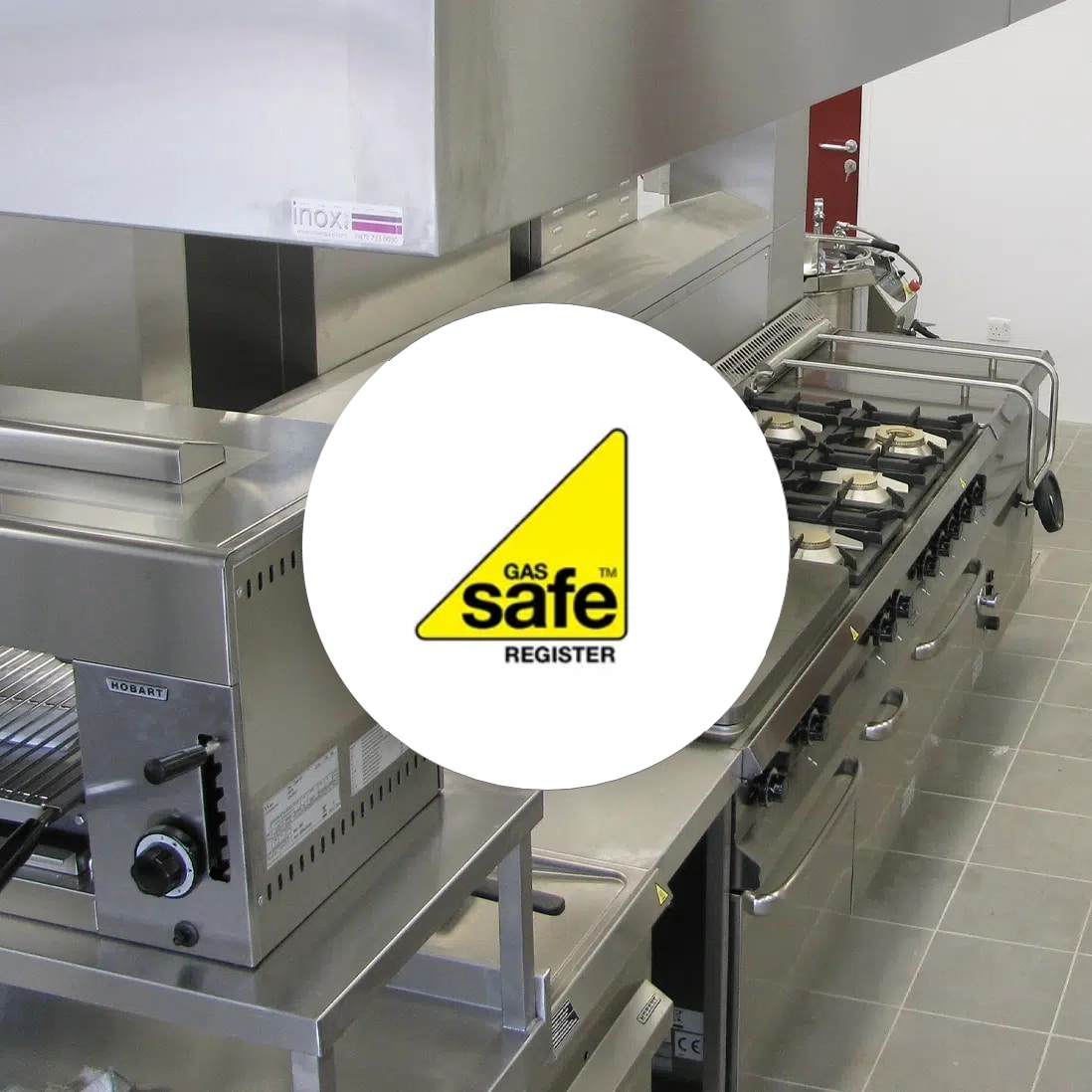
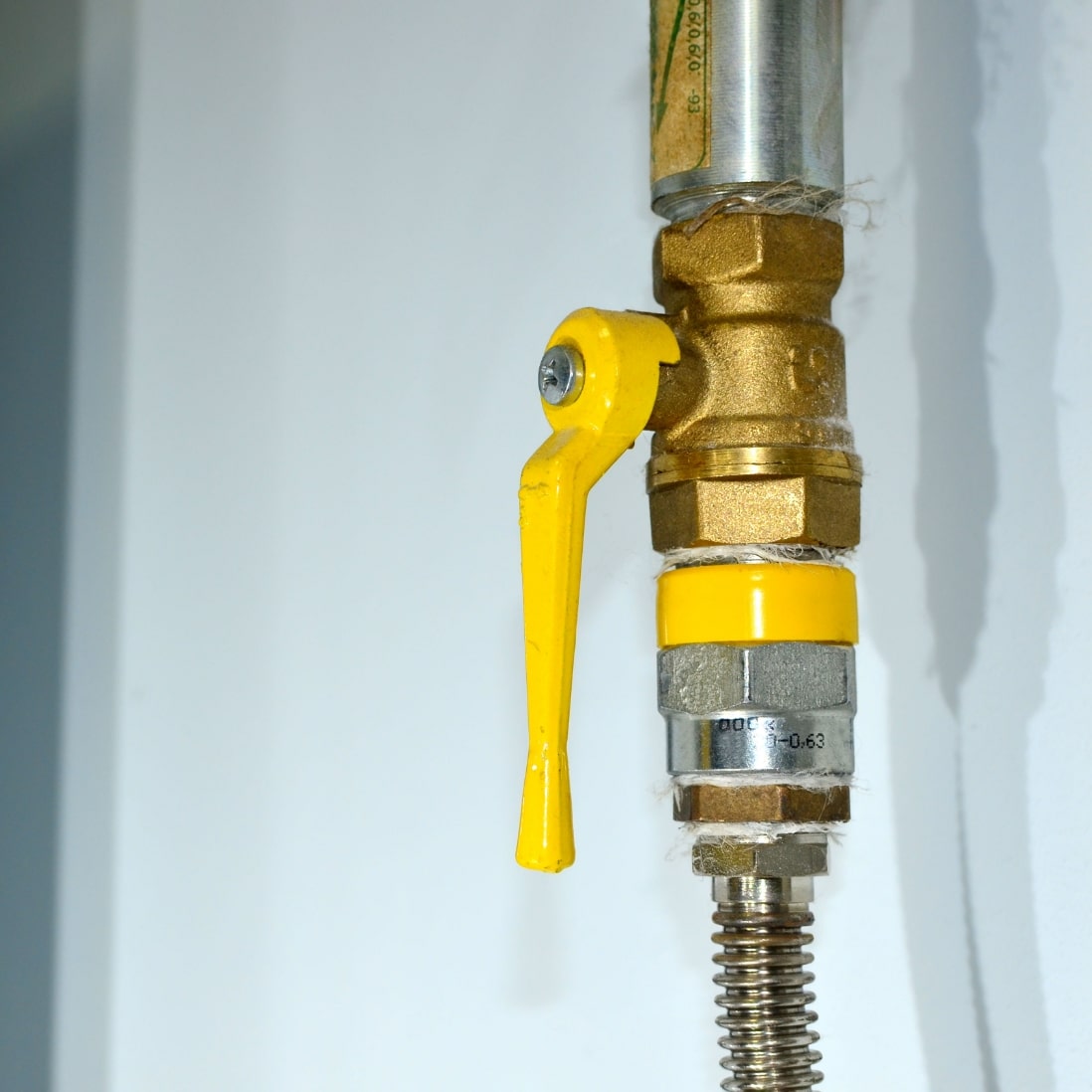
Ensure your gas equipment has an isolation valve
Even with all the right safety checks, accidents can happen. This is when an emergency isolation valve is essential. When needed, the isolation valve will cut off the flow of gas to your appliance. Similarly, if your gas equipment uses LPG (Liquid Petroleum Gas), an FFD (flame failure device) should be fitted. If the FFD doesn’t detect a flame, it won’t release any gas, helping to prevent gas leaks. Make sure your staff are fully trained on how to use both of these devices.
Choose a commercial carbon monoxide detector
A carbon monoxide detector must be present, and working, within every commercial kitchen. CO2 is an odourless and colourless gas which can go undetected until it’s too late. Putting your staff and customers at risk of illness or in the worst case, death. Commercial carbon monoxide devices are designed with better detection sensors than domestic options as they’re often set to a CO2 threshold which if reached, will cut off the gas supply.
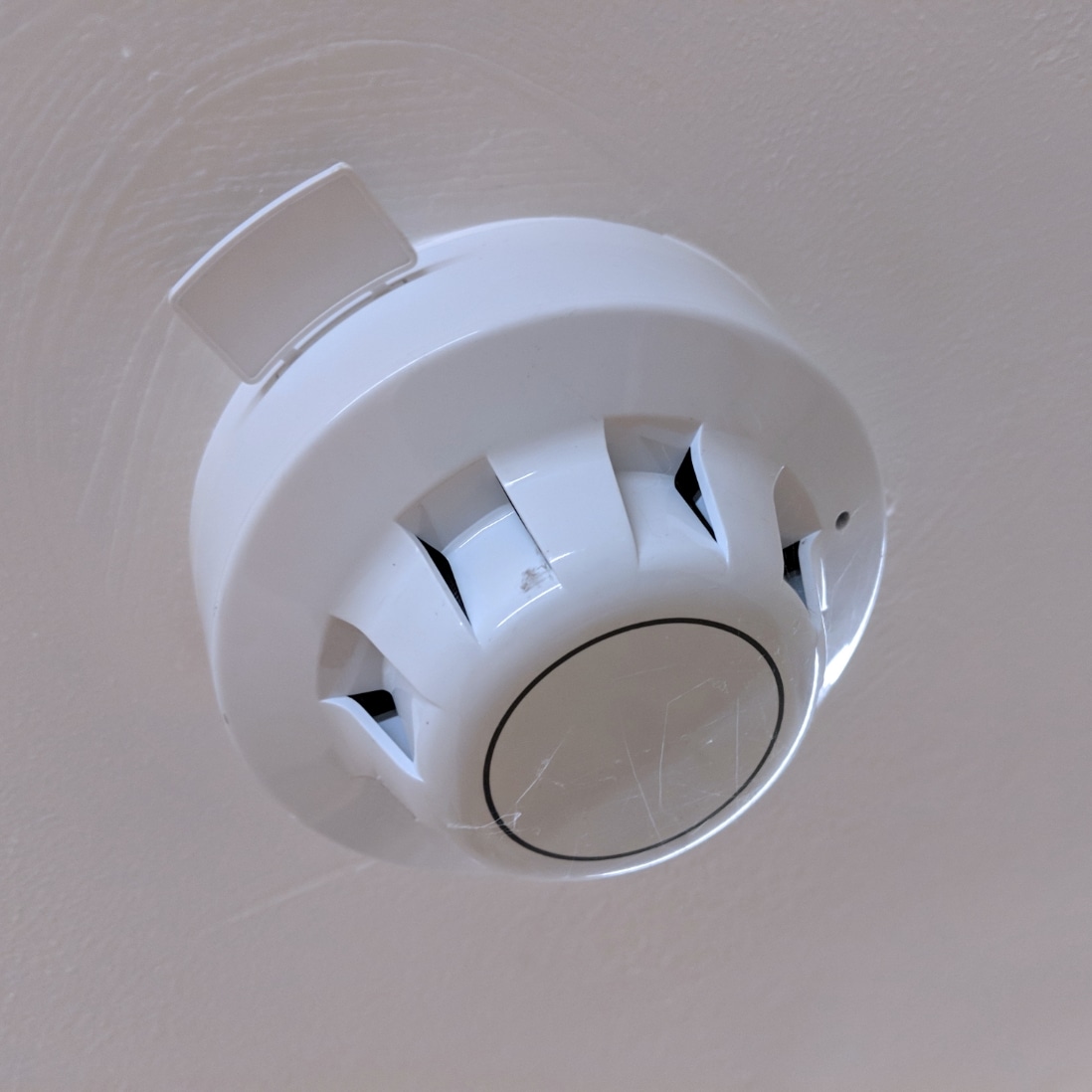
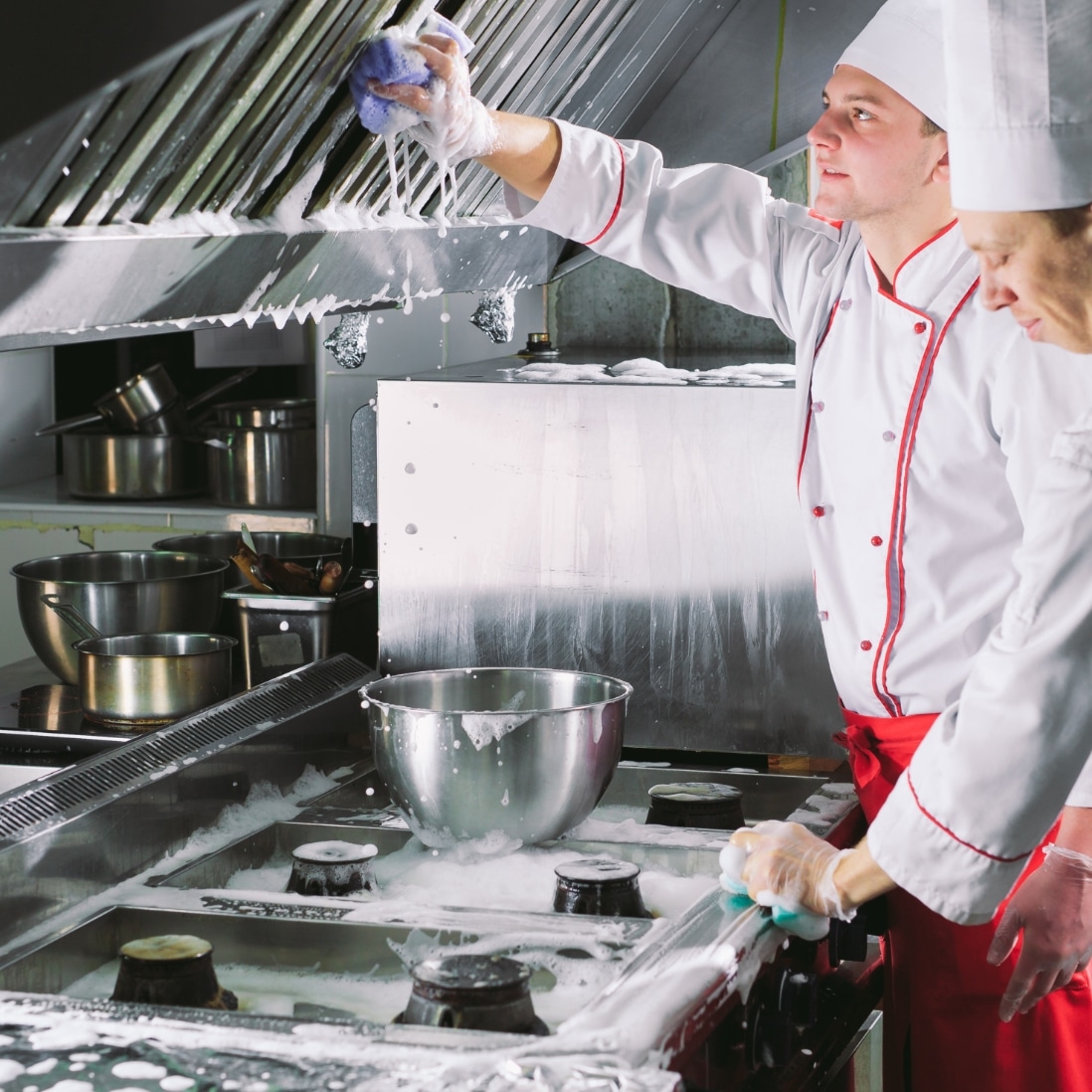
Maximise your maintenance
By regularly cleaning and checking your appliances, you can ensure they’re in working order and spot any concerns early on. To keep your appliances up-to-date with UK commercial kitchen gas regulations, book them in for a yearly service with a commercial kitchen gas engineer. This’ll also renew your commercial kitchen gas safety certificates.
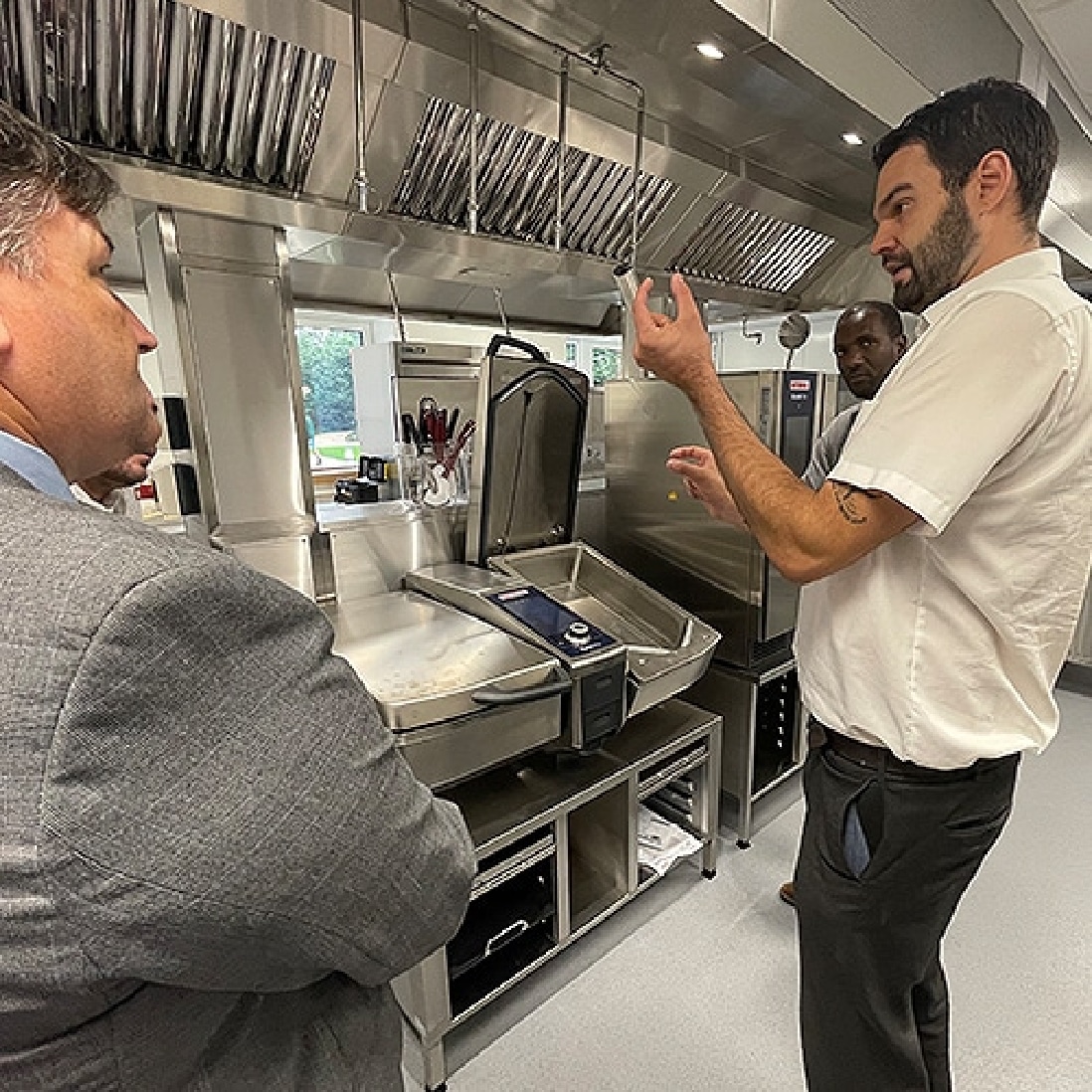
Contact Inox
The INOX Equip team are expert in commercial kitchen gas safety and regulations. If you’re unsure where to start, contact us today to discuss your kitchen requirements.

Share This: